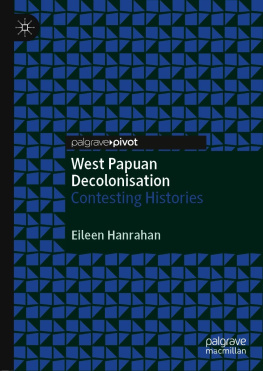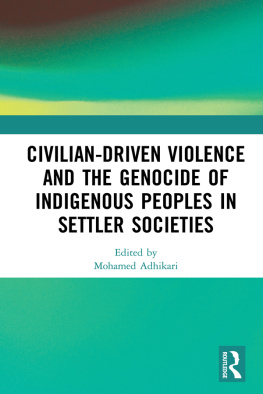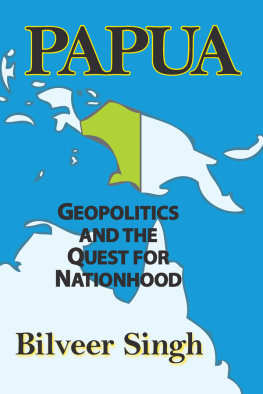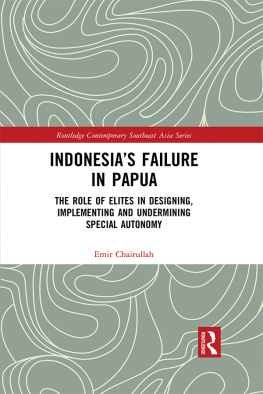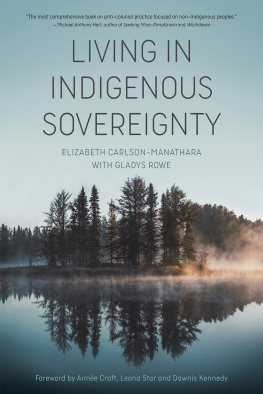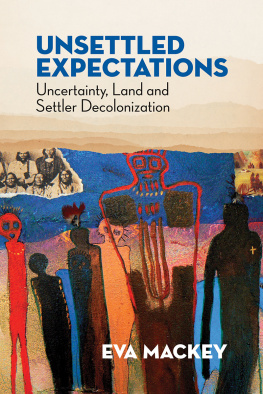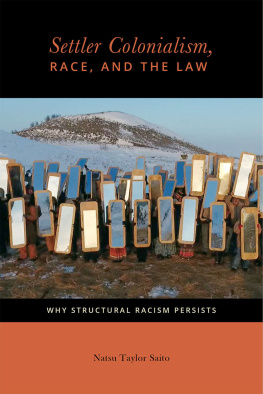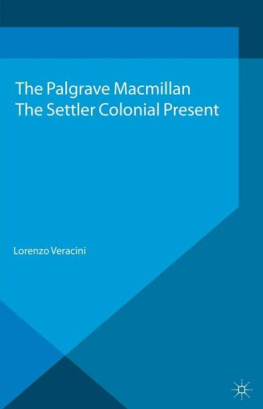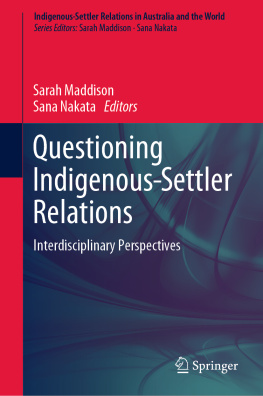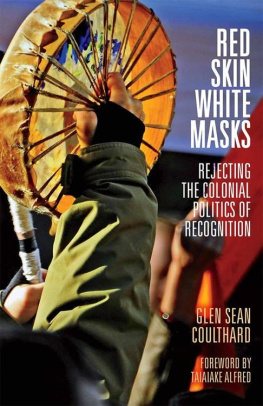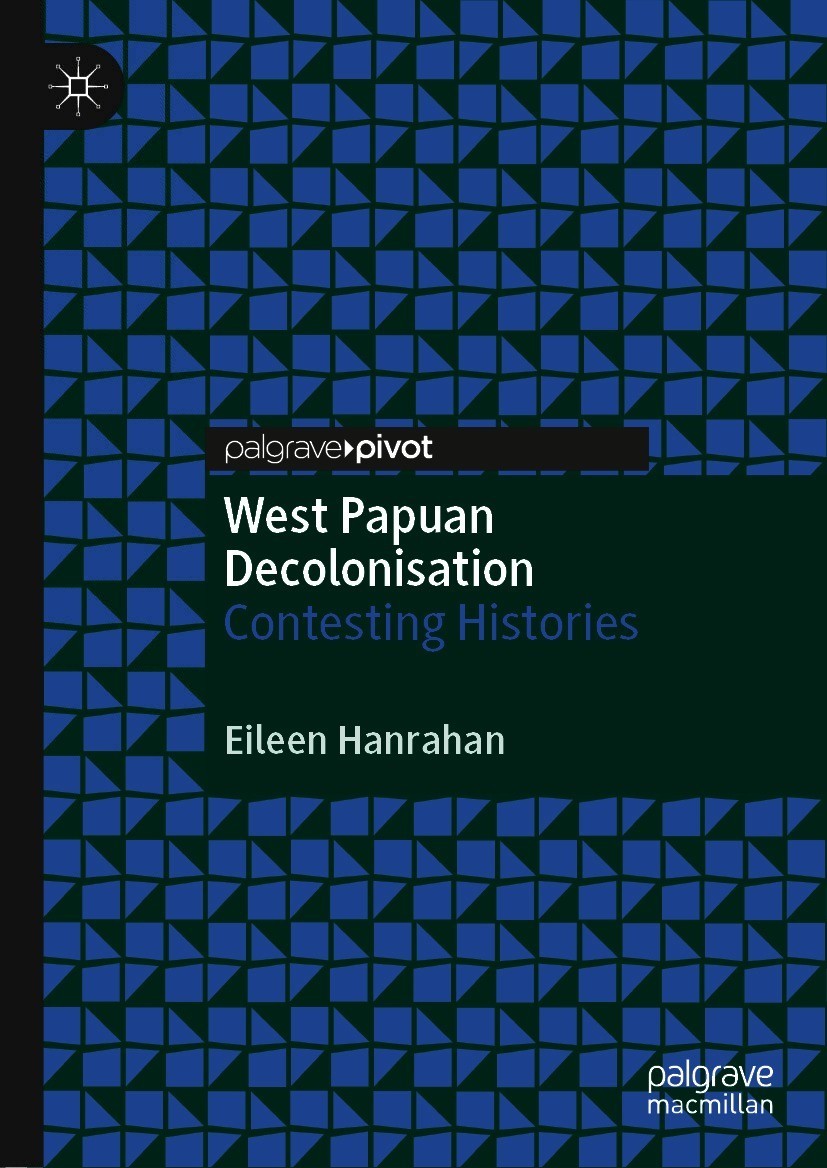1940As evaluated by US political scientist Hollands East Indian empire constitutes the worlds richest colonial plum (Emerson 1940, p. 736).
1942Roosevelt reassures Netherlands that Netherlands East Indies (NEI) would be restored post war. September to early 1946, Eurasian massacre (5,000 people) by revolutionary militia (Cribb 2008, p.426).
1945Japanese Committee investigates independence proclaimed by Sukarno, based in Republic of Indonesia (RI) (consisted of parts of Java and Sumatera), 17 August 1945.
1946Lindggadjati Agreement between the Netherlands and RI acknowledges de facto (RI) authority and the principle of political self-determination for other NEI components to opt out of federal entity if desired (via vote under supervision of United Nations Commission of Indonesia [UNCI]).
1947Several countries recognise de facto jurisdiction of RI. Brutality of Netherlands reprisal against RI prompts intervention by UN and US .
1948The Renville Agreement in January officialises ceasefire between parties.
1949November/December Round Table Conference (RTC) in The Hague where UNCI facilitates transfer (excluding West Papua ) from the Kingdom of Netherlands to a federal polity, the Republic of the United States of Indonesia (RUSI), within the Netherlands-Indonesian Union . The RTC Agreements included Covering Resolution that provides that the status quo (Netherlands sovereignty) in that territory should continue (Angelo 1950, p. 570).
1950Troops of the central component of the Republic of Indonesia (RUSI), invade other components to force a unitary model. This act of military force is condemned in UNSC (Parker 2000) but no follow up action is taken. UNCI is disbanded and archives closed. Negotiations over political status of West Papua between Netherlands and Indonesia fail.
1952West Papua is placed under the Netherlands Constitution.
1955Bandung Conference supports motion of continued negotiations between parties.
1956Indonesia abrogates Round Table Conference Agreement, withdraws from the NI Union.
1958US Ambassador to Indonesia, pro-Indonesian on Western New Guinea (WNG) question, is named, Howard P. Jones.
1959The Netherlands refers West Papua as Netherlands New Guinea (NNG) to the UN Special Committe ofDecolonizationknown as Committee 24as a Non-Self-Governing Territory (NSGT) (Ondawame 2006, p. 104).John Ondawame notes that the Netherlands starting presenting annual reports on the NSGTs progress toward self-sufficiencyand self-government (Ondawame 2006, p. 104). Indonesian official notes that this event as occurring in1946 (Hadi 2004, para. 13).
August 1960Indonesia severs diplomatic ties with the Netherlands so dispute becomes major international problem, especially as Indonesia moves to accepts USSR military and economic aid.
5 April 1961Inauguration of West New Guinea Legislative (WNG) Council . US representative does not attend.
8 September 1961Dag Hammarskjld dies and, perhaps along with him, a proposed solution to the dispute is lost forever.
September 1961In the UNGA, The Luns proposal to end Netherlands sovereignty in Western New Guinea by turning it over to the UN Administration to supervise and organise a plebiscite on its statusfails to gain two-thirds support in UNGA as does two months, later the Brazzaville group and Dutch-backed resolution which recognises self-determination territory for NNG also fails (53 for, 41 against, 9 abstentions [53:41:9]) (Lijphart 1966, p. 20).
October 1961Manifesto from the First Papuan Peoples Congress .
November 1961Appointment of new US Assistant Secretary of State, Far Eastern Affairs, W. Averell Harriman leads to disbandment of pro-Netherlands policy in favour of pro-Asian nationalism.
1 December 1961Under sacred trust of the Netherlands, the NNG is renamed West Papua , national anthem chosen and West Papuan Morning Star flag is raised next to Netherlands flag. US diplomatic history frames this as follows: The moves by the Dutch no doubt convinced the Indonesians that they had to move promptly to forestall international support for an independent Papuan state (McMullen 1981, p. 13).
Mid-December 1961President John F. Kennedy stresses importance of avoiding war in letters to both Netherlands and Indonesian leaders. State Department official, George C. McPhee proposes to Kennedy that US take initiative with a new policy to solve the dispute: the only acceptable solution to Indonesia would be a settlement that handed over WNG to Indonesian control but US also hope that the Indonesians would agree to a Dutch face-saving formula (McMullen 1981, p. 9).
19 December 1961In response, President Sukarno issues military command to invade West Papua .
1 January 1962US Mission to UN proposes to the acting [3 November 1961 to 30 Nov. 1962) Secretary-General, U Thant, that he take a more active role in resolution of the dispute.

